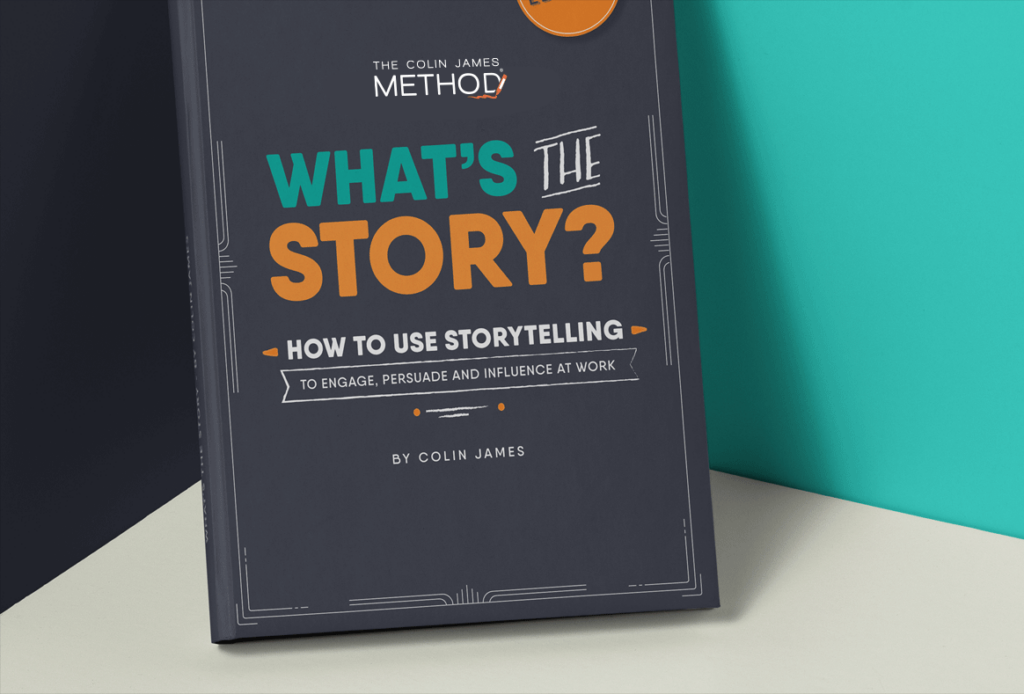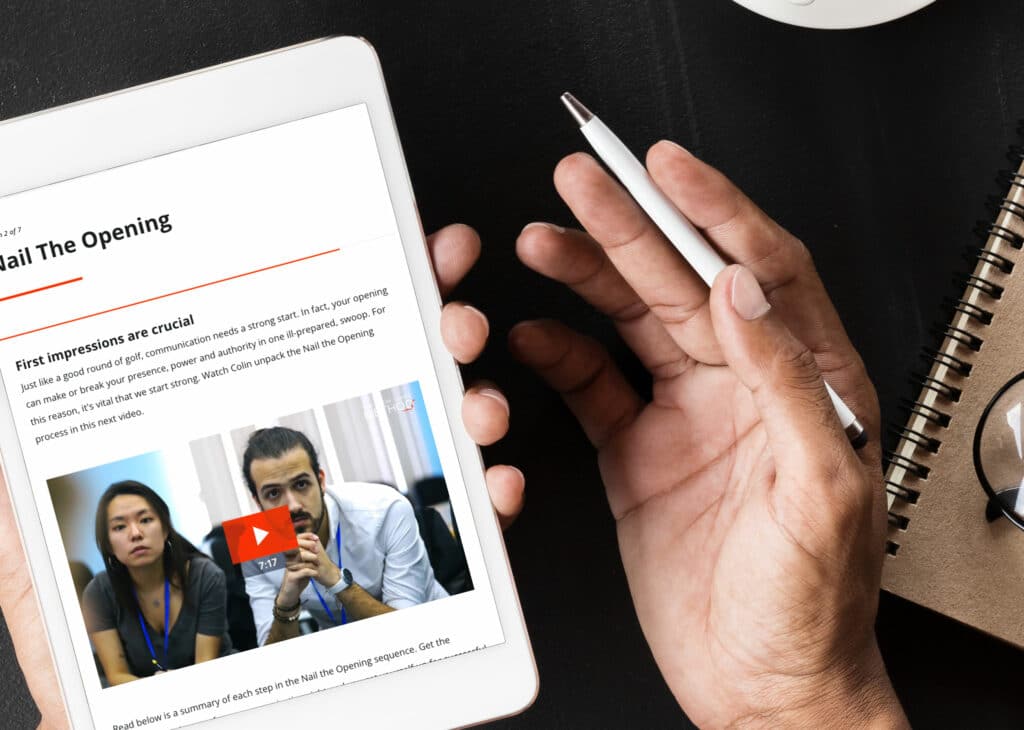As a facilitator I have often experienced female leaders on our programs say that they have been called bitchy, tough and are generally considered to be not likeable enough in their workplace. They wonder how they can soften themselves, maybe by adjusting their tonality and language. Playing into the discriminatory status quo that women in management roles have become used to in their quest to avoid joining the other ‘difficult women’.
That sort of language is rarely used to describe a male leader. A male leader may reference being considered assertive and dominant. But they are not seeking to change the narrative. As it does not impact their career negatively. Male counterparts are instead lauded for their drive and ambition.
So what does it mean to be a difficult woman? The Guardian explored this concept in-depth in the article titled “Fighting the tyranny of ‘niceness’: why we need difficult women.”
In 2010 when Julia Gillard became the first female Prime Minister of Australia, this appointment should have been celebrated as a historic milestone for gender equality in Australia. Instead, she was met with relentless bullying, misogynistic attacks and under-mined daily by the opposition, the media and even colleagues from her own party for having a strong persona throughout her leadership.
During her tenure as Deputy Prime Minister, however, she was highly-regarded, well-respected and hugely popular with many Australians, colleagues and the media; that all changed when she challenged Kevin Rudd for the top job and won. Why?
Australia was simply not ready to accept a female leading our nation.
Julia has subsequently co-written a book with Ngozi Okonjo-Iweala titled “Women and Leadership: Real Lives and Real Lessons”. It provides a comprehensive analysis of the impact gender has on leadership.
The recent experience of activist and advocate for survivors of child sexual assault Grace Tame being widely criticised for refusing to be ‘nice’ when she attended Prime Minister Scott Morrison’s Australia Day celebrations is another example. She was viewed by many as being difficult and rude rather than viewed as being strong-willed, decisive and assertive in her stance towards Morrison.
According to Collins dictionary, if someone is decisive, they have or show an ability to make quick decisions in a difficult or complicated situation. For example: “He should give way to a more imaginative, more decisive leader.“
Someone difficult behaves in an unreasonable and unhelpful way*. For example: “I had a feeling you were going to be difficult about this.”
Women in leadership roles face many challenges in today’s workplace, including systemic bias and barriers. Susan Fleming, a senior lecturer at the Cornell School of Hotel Administration, specialising in entrepreneurship and female leadership commented in a podcast on gender stereotypes that common words to describe a woman included emotional, controlling, nurturing, bitchy, soft, communicative, nice, intelligent, weak, bossy, sensitive.
Whereas words to describe a woman in a leadership role included strong, assertive, authoritative and competent. Susan commented, “It’s extremely challenging to be all these things at the same time and the failure to be that triggers a lot of negative experiences for women leaders.”
For males, some of these traits would be considered an asset. For example: strong, authoritative, communicative and intelligent. When talking about stereotypes about a leader, they often fall into the masculine category. An aggressive male leader may be seen as confident, intelligent, competent and decisive. I can think of many examples of this bias in my own career.
In what is known as the Double Bind, female leaders navigating this tightrope have to balance being simultaneously smart and assertive with being nice and sensitive. The women who do not navigate this tightrope well will end up being labelled either as incompetent or difficult.
Should the female leaders I mentioned earlier at our communication skill training programs need to ‘soften’ themselves to fit in? Or should they focus on learning how to speak up and avoid being talked over. Ensuring they have all the influencing tools they need to be heard and respected. This is 2022 after all.
Next time you hear someone imply a female leader is being difficult, make sure you question why. Did their actions warrant this bias? Would you say the same if a male leader behaved in the same way?
The 2022 International Women’s Day’s theme is #BreakTheBias. Real change requires us to put aside our egos and stereotypes and transform our leadership and communication skills to bridge the gap between gender equality and to #BreakTheBias.
The Colin James Method® Facilitators train corporate executives to improve their professional communication skills with a proven methodology. Our highly trained Facilitators and Coaches are recognised for their experience in their fields and have worked with many individuals and organisations around the world to master the art of communication.












